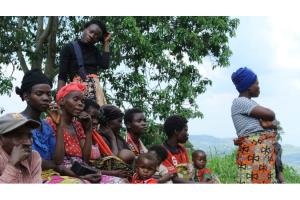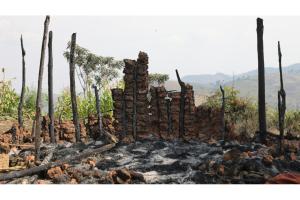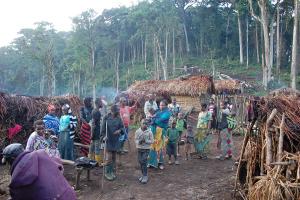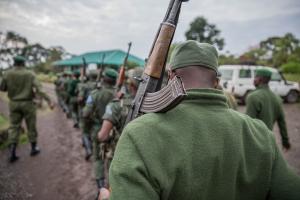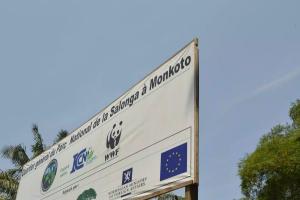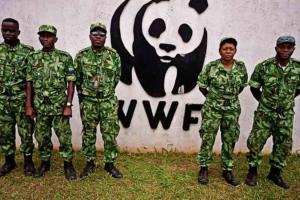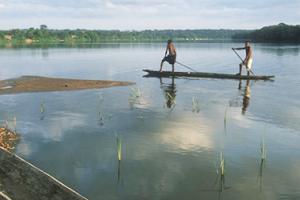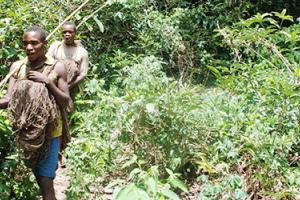Protected Areas
The 'parks without people' conservation model has its roots in the 19th century U.S.A. It has expanded worldwide and given rise to an elitist conservation industry dominated by big conservation NGOs. This model has become another major threat to the physical and cultural survival of forest-dependent communities, their knowledge and their traditional conservation practises.
A group of riparian Batwa people, exasperated by the extreme poverty following their eviction in order to establish the Kahuzi Biega National Park, decided to return to their ancestral forests. Since then, they regularly clash with the “eco-guards,” sometimes leading to the loss of human lives.
Serious abuses in DRC’s Salonga National Park at the hands of park rangers supported by funding from the WWF and a range of international donors are just the latest to be documented. This is a wider problem on human rights abuses and colonial interventions in forests.
